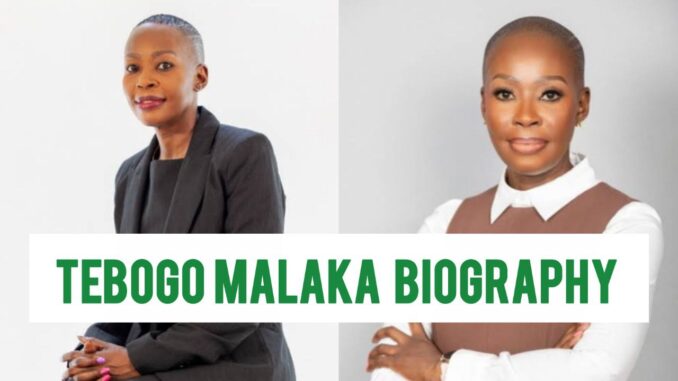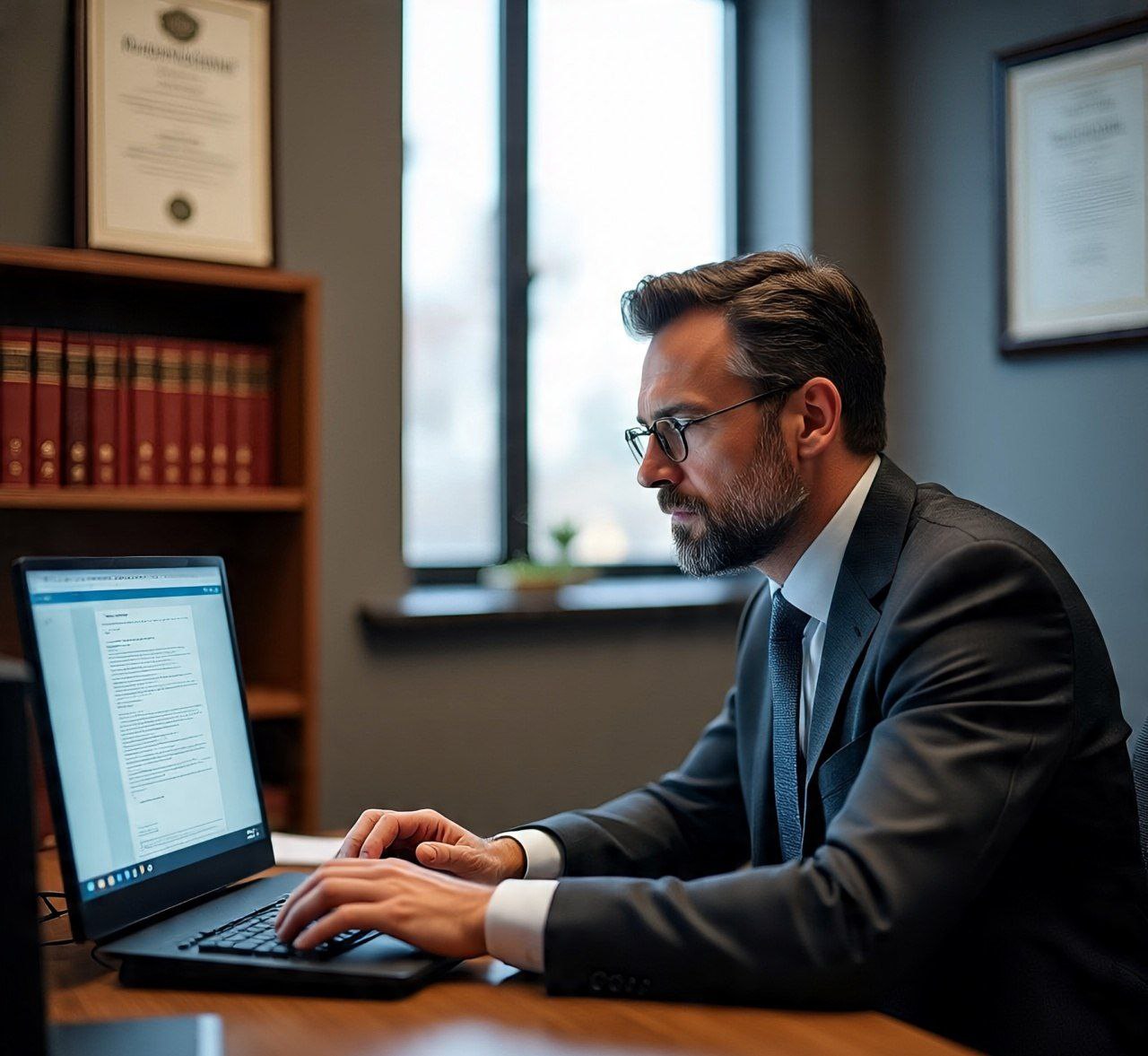
Tebogo Malaka Biography
Tebogo Malaka was born on April 12, 1993, in KwaZulu-Natal, South Africa. Her early life in KwaZulu-Natal shaped her interest in public service and social development. Tebogo took her first formal steps into higher education at the University of KwaZulu-Natal, where she earned a Bachelor of Arts degree. She later deepened her business and leadership skills by completing an MBA from MANCOSA in 2016. In the same year she also attended a short course on Public-Private Partnerships in Infrastructure at the University of Queensland in Australia. Tebogo Malaka is 32 years old as of 2025.
Over more than two decades, Tebogo Malaka built a strong career across public and private sectors. She became known for steady governance, practical leadership and a clear focus on delivering infrastructure that benefits ordinary people. Her path led her into senior roles within government departments and, ultimately, into leadership of the Independent Development Trust (IDT), a major public agency that manages and finances social infrastructure such as schools, clinics and court buildings. Her profile rose as she took on responsibility for large budgets and complex projects, and she became one of the few women in South Africa to hold such a senior position in government infrastructure work.
Tebogo Malaka Career
Tebogo Malaka’s work began in the Department of Social Development, where she served as a Programme Manager focused on community development. In that role she learned how public programmes touch lives and how crucial it is to plan projects that serve local needs. She then moved to the Department of Water Affairs and Forestry, where she rose through the ranks and served as a Director between 2006 and 2009. These formative roles taught Tebogo both the technical side of service delivery and the human side of public work.
Her career later took her into leadership of the Independent Development Trust (IDT). As CEO of the IDT, Tebogo took charge of a portfolio worth billions of rand. Under her stewardship the IDT managed projects that build and maintain schools, health centres, court facilities and other social infrastructure. Her role required strategic planning, tight governance and careful contract management to ensure public funds were used well and projects were completed correctly.
Tebogo also served on several important boards and governance bodies. Her roles included board membership of the North West Development Corporation and Magalies Water, trusteeship at the Mmutla wa Noko Trust, a non-executive directorship at Sentech until 2021, and chairing the IDT Board of Trustees before becoming Acting CEO in 2021. These positions show her ability to manage diverse teams, advise institutions and guide long-term strategy.
Tebogo’s educational choices strengthened her capacity to juggle complex projects and partnerships. The MBA from MANCOSA sharpened her business understanding, while the Public-Private Partnerships short course from the University of Queensland equipped her to work across government and private sectors. Her leadership style is described as strategic and results oriented, with emphasis on transparency, efficiency and sustainability in infrastructure delivery.
Tebogo Malaka Personal Life
Tebogo Malaka is married to Lebogang Molekwa. She keeps her private life away from the public eye but is known to balance a demanding public role with family commitments. Those who have worked with her describe her as focused and disciplined, someone who respects the responsibilities of public service while also valuing the privacy of her family. Outside her work, Tebogo’s life appears oriented around family, service and community. Though she does not seek public attention for private matters, her public roles and board memberships point to a person who values civic responsibility and wants outcomes that improve people’s daily lives.
Tebogo Malaka Controversies
Tebogo Malaka’s public leadership has not been without controversy. According to the detailed account you provided, investigative reporting by a major media outlet led to a series of serious allegations involving the IDT and Tebogo’s conduct. The report describes an investigation into the IDT’s handling of large contracts, including an R836-million oxygen plants contract, and other concerns about procurement and project decisions. Those investigations reportedly resulted in a formal review by professional auditors and eventually in Tebogo being placed on precautionary suspension by the IDT board.
A highly publicized incident in early August involved allegations that Tebogo and the IDT spokesperson offered cash to a journalist to stop reporting on the IDT’s affairs. The story you supplied states that a journalist recorded a meeting in which a cash offer of R60,000 was presented in an attempt to “settle” an ongoing investigation into alleged irregularities tied to IDT contracts and to Tebogo’s property dealings. According to that account, the journalist chose to document the meeting and then refuse the money, later publishing footage and audio that led to broad public concern. The IDT board responded by placing Tebogo on suspension, and that suspension followed a PwC investigation into the oxygen plant matter.
These developments sit within a wider national context of concern about corruption, weak accountability and slow follow-up after major probes. The material you provided links the IDT case to more general worries in South Africa about how institutions handle allegations of state capture, corruption and wrongdoing. The allegation that senior IDT officials offered money to a journalist drew sharp criticism for the perceived attack on journalism and the country’s democratic checks and balances. The report also described a pattern in which attempts to silence or influence reporting were framed as threats to the “fourth estate,” the independent press that holds power to account.
It is important to note that allegations and investigations are not the same as final legal findings. The details you shared show that formal processes—including forensic reviews, board actions and legal consultations—were underway. That means outcomes could include further investigations, prosecutions, or exonerations depending on the evidence and the steps taken by oversight bodies. Whatever the final result, the controversy has had immediate consequences for the IDT, for public trust in governance, and for Tebogo Malaka’s public reputation.
Conclusion
As CEO of the Independent Development Trust she managed a multi-billion rand portfolio that funds schools, clinics and courts. Her career shows both the promise of capable leadership and the fragility of public trust when serious allegations arise. While the investigations and the suspension represent a major challenge, they also underline the need for full, transparent processes so citizens see how public money is protected and how leaders are held to account.
FAQs
Who is Tebogo Malaka and what does she do?
Tebogo Malaka is the Chief Executive Officer of the Independent Development Trust (IDT). She oversees large social infrastructure projects such as schools and clinics and has served on several public boards and governance structures.
What is Tebogo Malaka’s educational background?
Tebogo earned a Bachelor of Arts from the University of KwaZulu-Natal. She completed an MBA at MANCOSA in 2016 and attended a short course on Public-Private Partnerships in Infrastructure at the University of Queensland.
Why was Tebogo Malaka suspended from the IDT?
Based on the information provided, Tebogo was placed on precautionary suspension after media investigations raised concerns about procurement decisions and alleged attempts to influence reporting on the IDT, including an episode where a cash offer was reportedly made to a journalist.
What boards and organisations has Tebogo Malaka served on?
She has been a board member of the North West Development Corporation and Magalies Water, a trustee at Mmutla wa Noko Trust, a non-executive director at Sentech until 2021, and served as chair of the IDT Board of Trustees.

Harry Erling holds both a Bachelor’s and a Master’s degree in Environmental Biology. He works as a writer, journalist, and gardener, blending his love of plants with his storytelling skills. For the past fifteen years, Harry has reported on urban development projects and environmental issues, using his scientific training to explain how cities grow and how green spaces can thrive.
Leave a Reply